Changes in the body and puberty
Puberty is different for every body
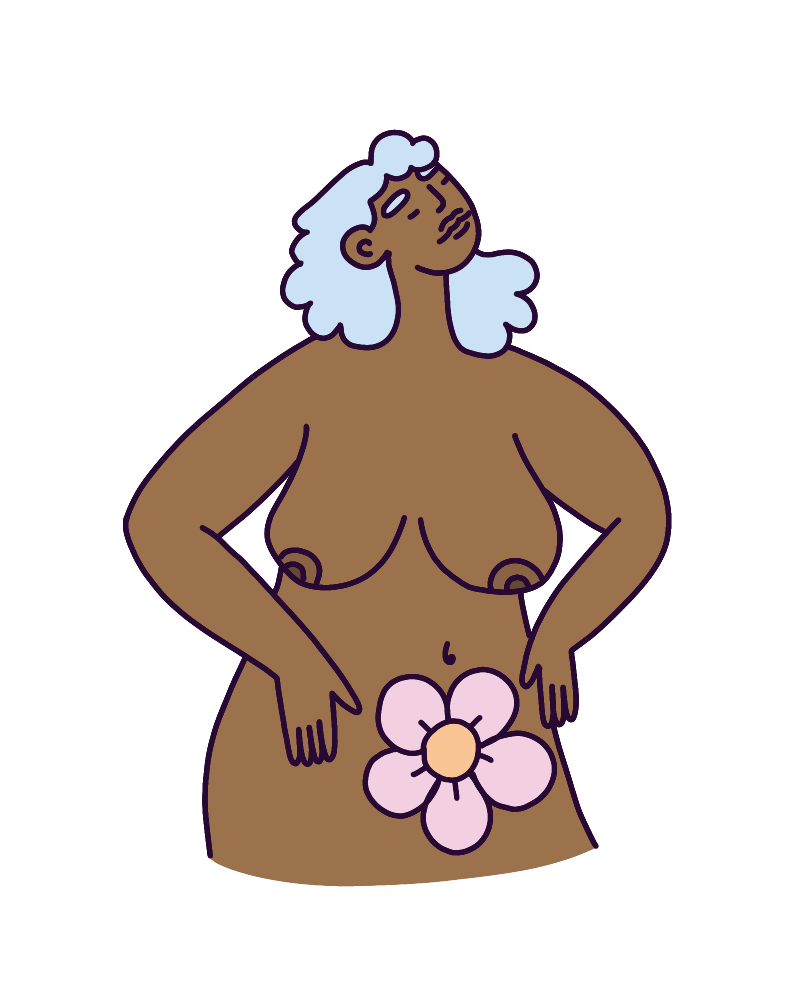
The changes from puberty can come unexpectedly for many people.
From puberty onwards, many people start to question their sexuality or their
, along with the expectations that society has set for them. You may notice that you are attracted to people of another gender, or people of the same gender, or to people of many different genders, or regardless of their gender. You may even realise that you are .Most people will see their body change in different ways. You might whether it is about gaining gain muscle and/or weight, get pimples or acne on your face, or even notice a change in the way you smell.
Sometimes, these may feel faster or slower than you anticipate. You may have many feelings about this, including things like excitement or confusion. You may start comparing yourself to your friends and peers. Who is taller? Who is more or less popular? Who is more ‘masculine’ or more ‘feminine’?
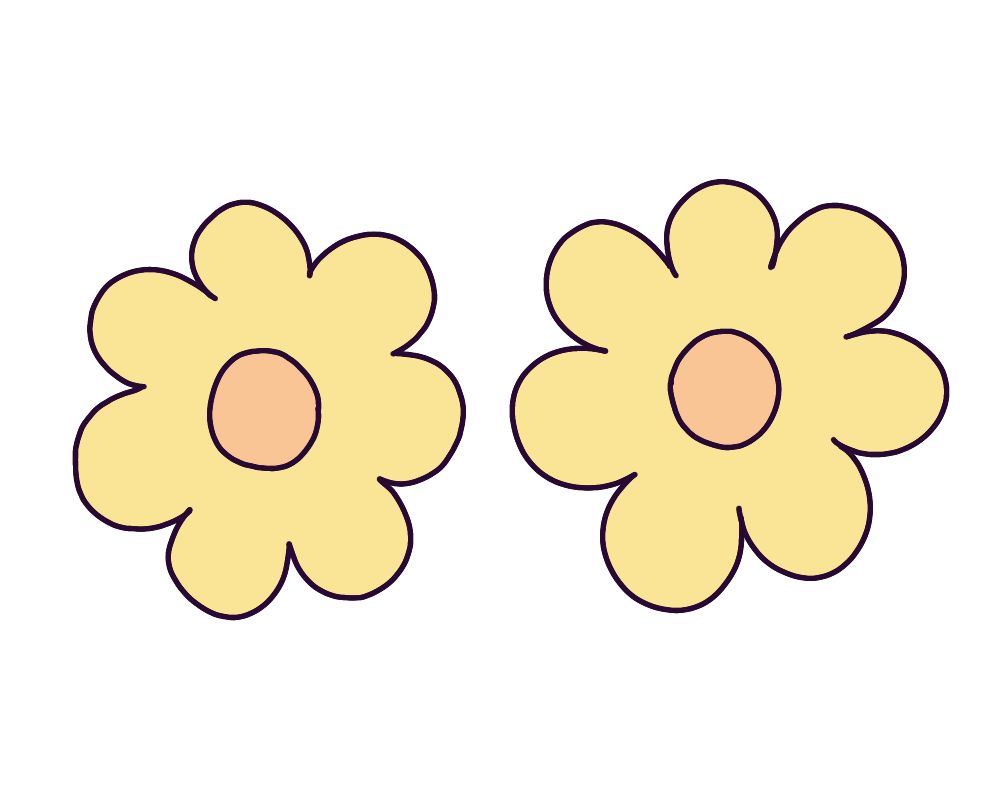
It’s important to know that every body is different, and development will happen at its own pace. The changes that different people go through will depend on different things, including:
- How old you are (most people start puberty between the ages of 8 - 14)
- Environmental factors
- Nutrition
- The sex hormones that your body produces, often associated with the , such as male, female, or intersex.
Physical changes
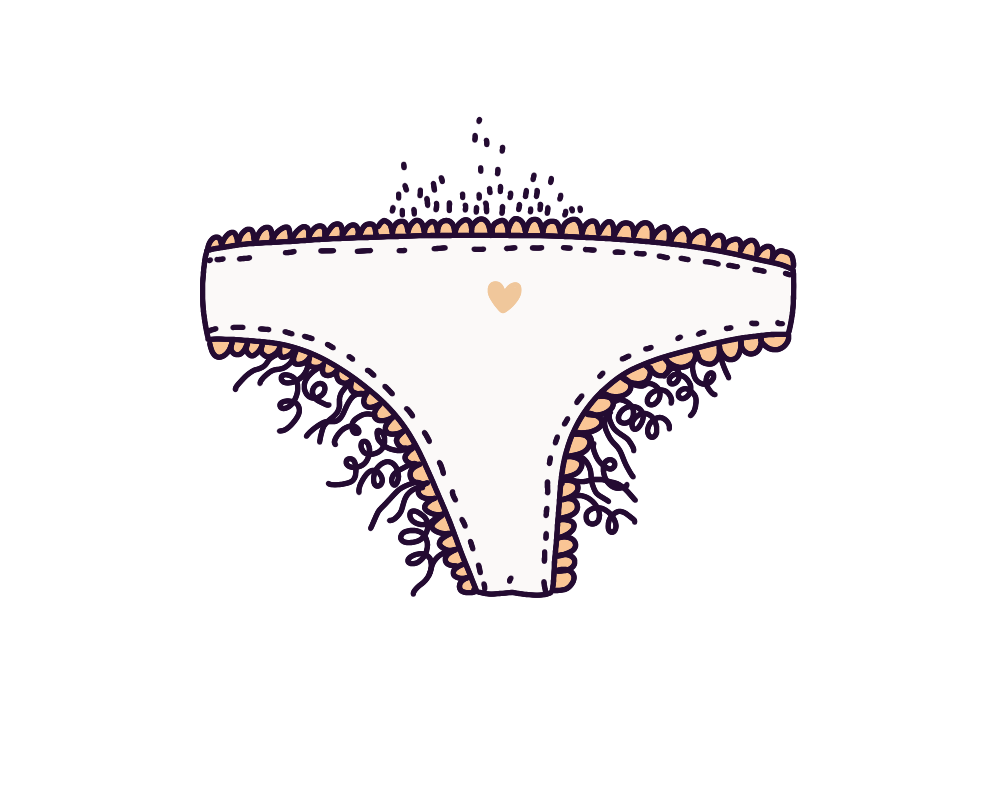
What is puberty like if I am transgender?
While puberty can be an intense time for many people, it might be especially confusing for transgender, nonbinary and gender diverse people, as your body starts to change in ways that may not align with who you are. If this is you, there are ways to manage your distress about puberty.
Regardless of the sex you have been assigned at birth, it's important to remember that every body will develop in their own way, in their own time. Puberty looks different for different people, no matter your sex or gender, and your normal is your normal.
Hygiene and a changing body
During puberty you may notice an increase in oily/greasy hair and skin, sweat and body odour, and body hair. You can reduce the impact of these changes by:
- Showering every day, using mild soap and warm water
- Washing your hair with shampoo regularly (e.g. every 2 days)
- Make sure your skin is completely dry before you get dressed
- Using antiperspirant deodorant every day
- Wearing clean clothes, socks, and underwear every day
- Brush your teeth twice a day
- If you have your period, change products at least 6-hourly
- Don’t pick, pop, or squeeze pimples - it makes them worse!
- Removing body/facial hair is not usually necessary for hygiene purposes
Social and cultural changes during puberty
You might also notice your relationships with other people changing during puberty. This is because many people have a different relationship with or expectations of a ‘mature’ body.
You might find:
- You get unwanted advice from your parents, teachers or older relatives around how you dress or how you react to changes in your puberty.
- You’re given more responsibility, or given more adult responsibilities like caring for your younger siblings
- You get more romantic or sexual attention from people, including people you don’t know
- People feel more comfortable talking to you about sexual things, like pornography
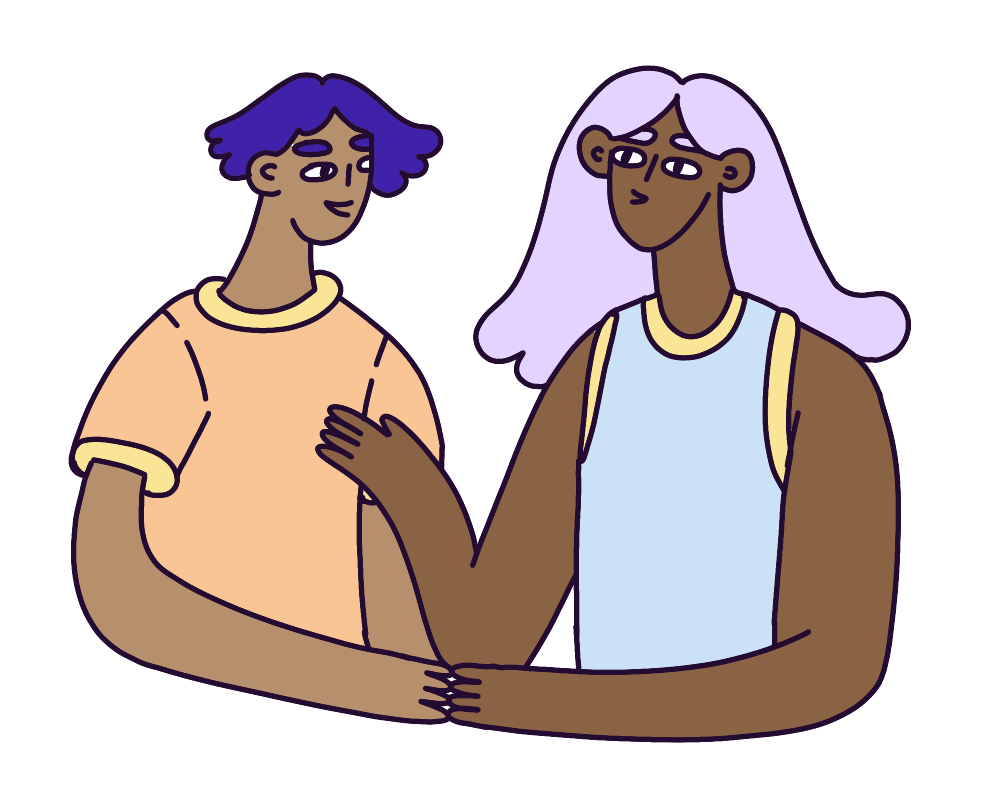
It’s important to remember that while your body might be seen as an ‘adult’s body’ now, it’s yours and it’s new. While older adults may want to give you advice based on their own experiences, it’s your choice what you do with your body.
Sometimes, it might seem like the older people in your life don’t even understand you at all. It may be that many adults and older people are simply expressing their own prejudices, insecurities and anxieties about sex, sexuality and gender, based on how they were raised.
Whether or not their advice is relevant for you will always depend on your own unique circumstances. No matter what you are wearing or not wearing, doing or not doing, you have the right to have safe, loving, supportive and healthy relationships with others, and to be free from violence and
.🧐 Did you know?
Whether or not you identify as LGBTQIA+, it is very normal to question your gender and sexuality, throughout your whole life.
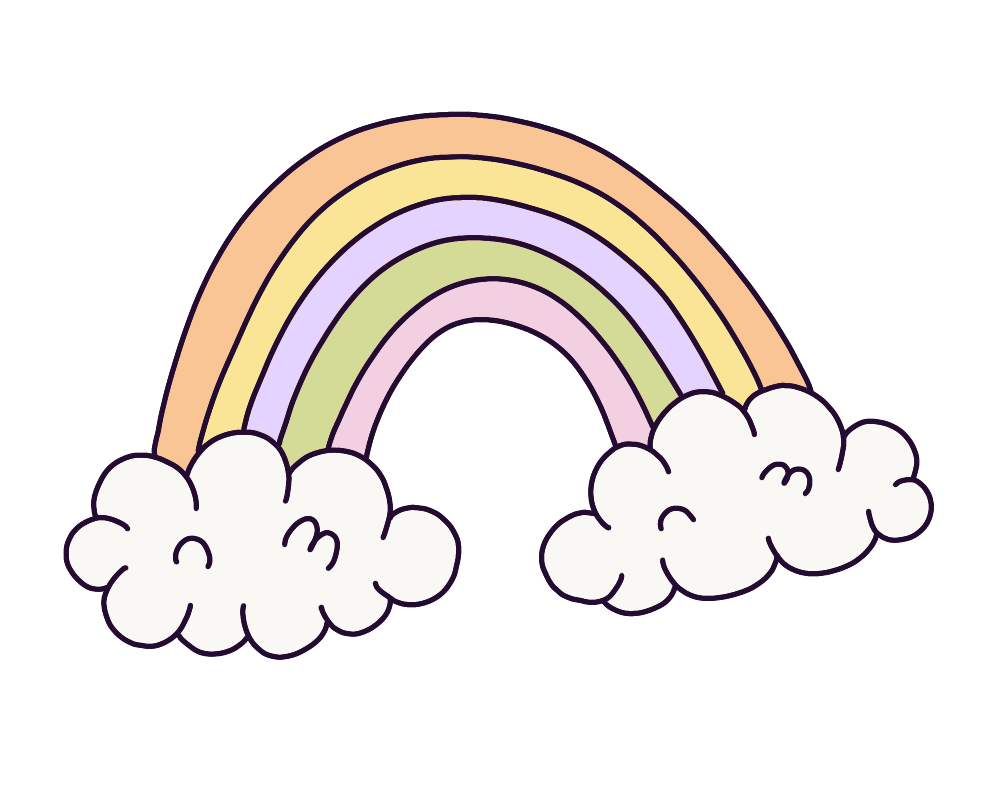
Puberty: In summary
Puberty is a transition from childhood into adulthood. It’s when the body, heart and mind starts to change — and when some relationships do, too. No matter what, each person will develop and change in their own way, in their own time. Your normal is your normal!
Help us improve this info by letting us know how you found it.
Start
Loneliness and social connection
